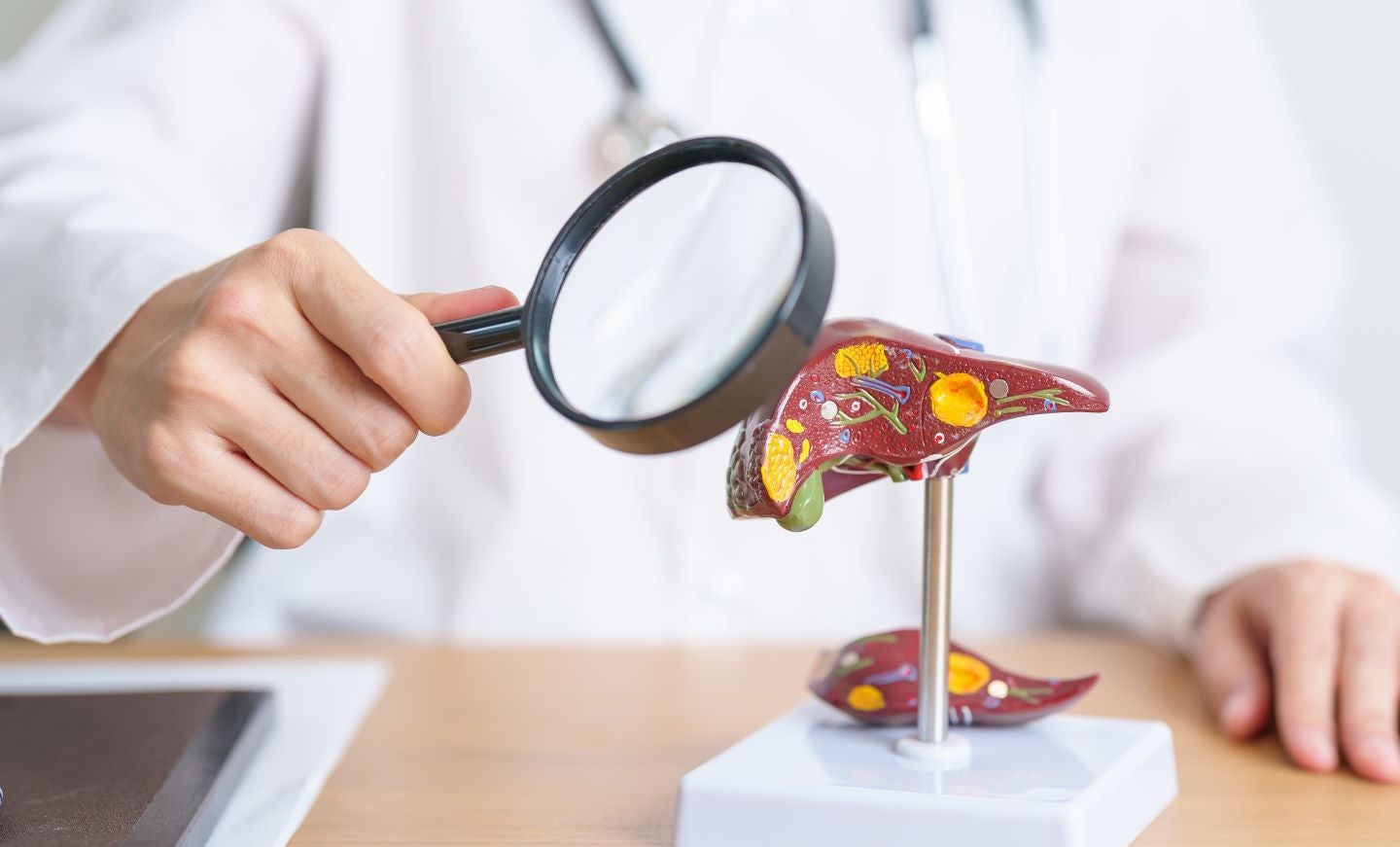
Ascletis Pharma has reported positive interim findings from an expansion cohort of the Phase IIb clinical trial of ASC22 (Envafolimab) being analysed to treat chronic hepatitis B (CHB).
The single-blind, randomised, multicentre, placebo-controlled, expansion cohort trial enrolled a total of 49 subjects with CHB.

Discover B2B Marketing That Performs
Combine business intelligence and editorial excellence to reach engaged professionals across 36 leading media platforms.
These patients were randomised into a 4:1 ratio to receive either ASC22 1mg/kg or a placebo every two weeks for a total of 24 weeks.
Following this, they also received treatment for another 24 weeks during the follow-up period.
Ascletis administered nucleot(s)ide analogues (NAs) as background therapy in all of the trial subjects.
After 24 weeks of treatment, the company conducted the interim assessment on 25 subjects.

US Tariffs are shifting - will you react or anticipate?
Don’t let policy changes catch you off guard. Stay proactive with real-time data and expert analysis.
By GlobalDataAccording to the topline data, 21.1% of subjects in the ASC22 group attained HBsAg loss, compared with none in the placebo group.
ASC22 was also found to be safe and well tolerated in the study, with the majority of the adverse effects linked to the drug being Grade 1 or 2.
A programmed cell death ligand 1 (PD-L1) antibody, ASC22, is intended to be given in subcutaneous doses.
Ascletis founder, chairman and CEO Dr Jinzi Wu said: “While pursuing Phase IIb clinical study of ASC22 (Envafolimab) as monotherapy for CHB patients with baseline HBsAg≤100 IU/mL, we are also engaging global partners to discuss collaboration on combination therapies to achieve higher functional cure rates for HBV.”
The latest development comes after the company completed enrolment in a Phase III trial of ASC40 plus bevacizumab to treat recurrent glioblastoma.





